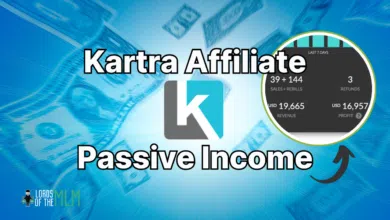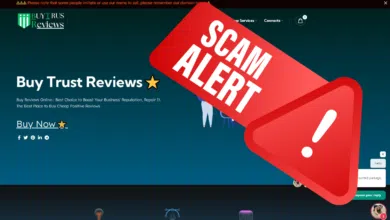Swiss Valorem Bank has undergone a rebranding from its previous name, GSPartners, due to multiple warnings from financial regulators regarding securities fraud. The rebranding involves the establishment of Swiss Valorem Bank LTD and IBBP Pay Services LTD, which are shell companies recently registered in Kazakhstan. Additionally, CoinX24 AG, registered in Switzerland, is listed as another shell company associated with Swiss Valorem Bank. Notably, Swiss Valorem Bank’s website does not mention GSPartners or its owner, Josip Heit, although the rebrand operates under the same “gspartners.global” domain.
GSPartners, under the management of Josip Heit based in Dubai, is believed to hold a German passport and has no physical presence in Kazakhstan. Swiss Valorem Bank’s website showcases various other brands, such as GSB Gold Standard Group, GSBDSwiss, Swiss Value, Lydian World, G999, and SwissBenesse. However, the new Swiss Valorem Bank website fails to disclose GSPartners’ metaverse certificates investment scheme, which promises investors a 300% passive return on investment over 18 months.
Concerns regarding GSPartners’ fraudulent activities have been raised by financial authorities in different jurisdictions. In June 2022, the Central Bank of Comoros issued a warning about banking fraud involving GSB Gold Standard Bank LTD. More recently, Canadian authorities, including Quebec’s Autorite des Marches Financiers and the Alberta Securities Commission, have taken action against GSPartners by issuing warnings about securities fraud associated with the company.
It is important to note that neither GSPartners nor Swiss Valorem Bank are registered to offer securities in the jurisdictions where they actively solicit investments, including the United States, which accounts for the majority of GSPartners’ website traffic. The Securities and Exchange Commission (SEC) emphasizes that any investment in securities in the United States remains subject to its jurisdiction. The SEC expresses concerns about the increasing use of virtual currencies, which may attract fraudsters to engage in Ponzi schemes and other fraudulent activities. These schemes typically involve unregistered investments with the SEC or state securities regulators.
Until further action is taken by financial regulators or law enforcement agencies, updates will be provided.





